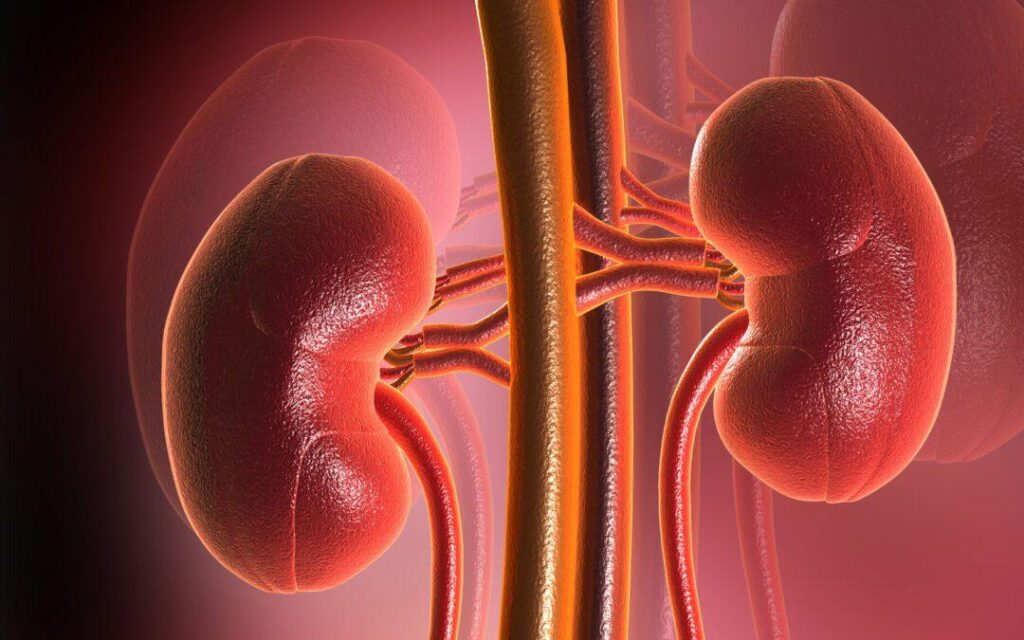Your kidneys are small, bean-shaped organs, but they play one of the most important roles in your body—filtering waste, balancing fluids, controlling blood pressure, and producing essential hormones. When your kidneys are not working properly, your body won’t stay silent. It gives out warning signs, but many people ignore them or mistake them for something else. Understanding these signs could literally save your life.
One of the most common signs of kidney trouble is swelling, especially in the legs, feet, or around the eyes. When your kidneys can’t remove excess fluid, it starts to build up in your body. You might notice your shoes feel tighter, or your face looks puffier in the morning.
Another red flag is changes in your urine. If you notice that you’re urinating more often, less often, or with a strange color or smell, your kidneys could be struggling. Foamy or bubbly urine may indicate the presence of protein—something that shouldn’t normally pass through healthy kidneys.
Fatigue and weakness are also major symptoms. Kidneys produce a hormone called erythropoietin that helps make red blood cells. When they’re damaged, fewer red blood cells are produced, leading to anemia. You may feel constantly tired or short of breath even after light activity.
Itchy skin or dryness may also show up, caused by the buildup of waste in your blood. It can be frustrating and uncomfortable, and no amount of lotion seems to help.
Don’t ignore nausea, bad breath, or a metallic taste in your mouth—this could mean toxins are building up in your bloodstream. Your body is literally crying out for help.
If you’re experiencing any of these signs, especially in combination, it’s important to visit a doctor and get your kidney function tested. The earlier kidney problems are detected, the better the chances of managing or even reversing the damage.
Remember, your kidneys may be silent workers, but when they’re in trouble, your body will speak. It’s up to you to listen
